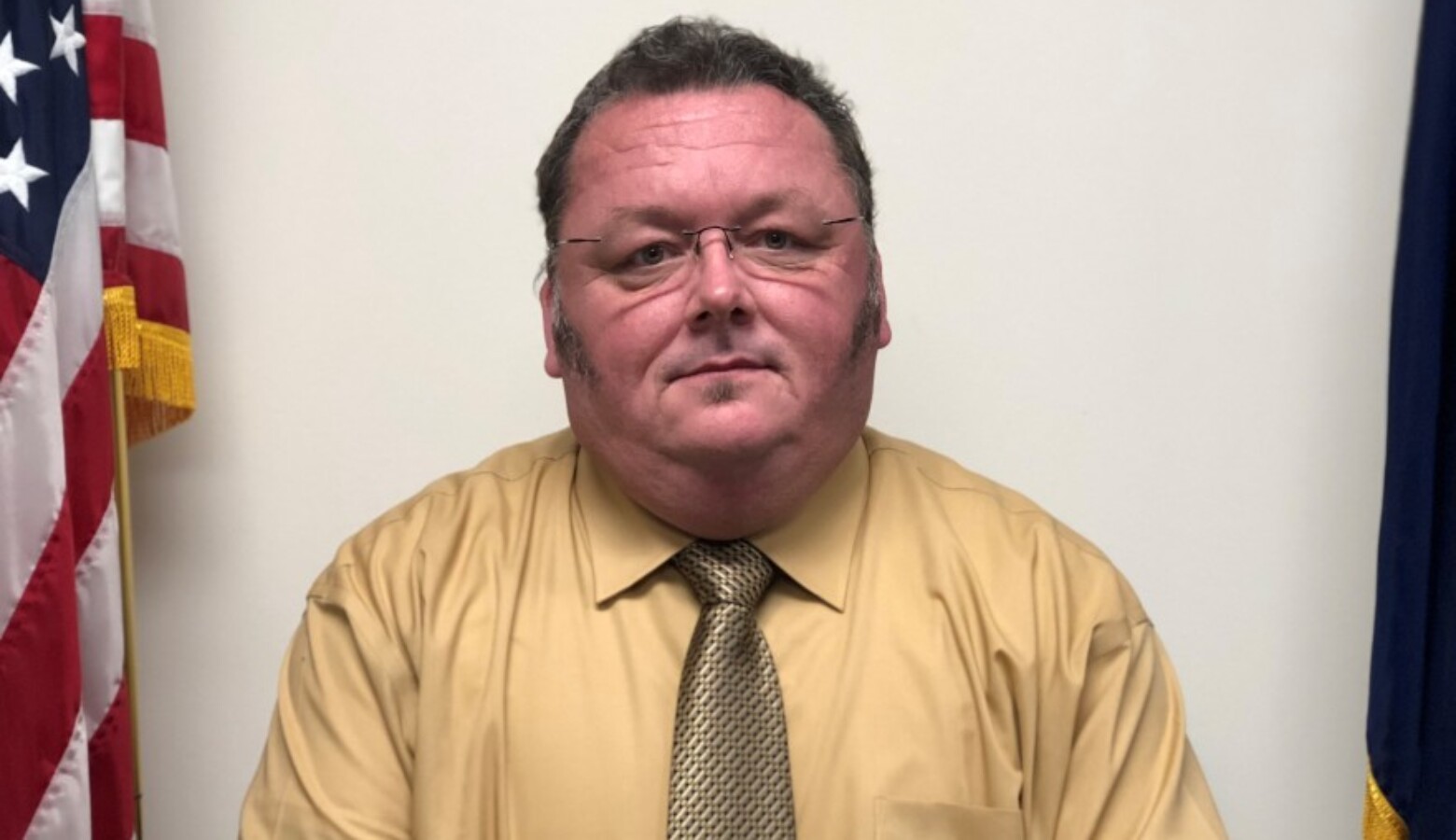The ACLU of Indiana has filed several federal lawsuits on behalf of six prisoners at the Miami Correctional Facility who say they were held under conditions that amounted to cruel and unusual punishment.
According to court filings, the Miami prisoners were held in “total, painful, and dangerous darkness” for days or weeks, exacerbating mental health conditions such as anxiety, depression and suicidality. In the dark, some of the men said they stumbled into dangling live wires — remnants from light fixtures destroyed by previous occupants — causing painful electrical shocks and injuries from falls.
“It’s an astoundingly bad situation … It is torture,” said Ken Falk, legal director of the ACLU of Indiana. “It is not how we should be treating other human beings, no matter what they have done.”
The ACLU filed five lawsuits on July 1 and one in March against Miami warden William Hyatte and deputy warden George Payne.
“We do not comment on active litigation, and we would decline any interviews at this time,” wrote Annie Goeller, spokesperson for the Indiana Department of Correction.
The filings suggest the problems in the restrictive housing unit began late last summer and continued through at least June 2021. Administrators opted to cover broken windows with steel “due to the cost of replacing them,” one Miami employee wrote in response to a prisoner’s written complaint. “Light fixtures are being fixed as quickly as possible.”
But after two months in the dark, that prisoner said he experienced “auditory hallucinations urging him to harm himself.”
One complaint stated that a different prisoner “cut his face and arms with a razor blade that had been left in his cell,” and that his injuries were ignored. Another man said he received a concussion after a damaged light fixture fell on his head.
The federal Prison Litigation Reform Act enacted in 1996 requires prisoners to exhaust a prison’s grievance procedure before filing a lawsuit. In each case, prisoners filed the internal paperwork, Falk said, but the prison did not repair the cells.
Falk said he still receives complaints about the condition in the unit.
“I’m surprised at the extent of the problem,” he said. “It’s inexcusable and horrific.”

